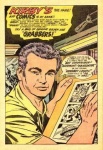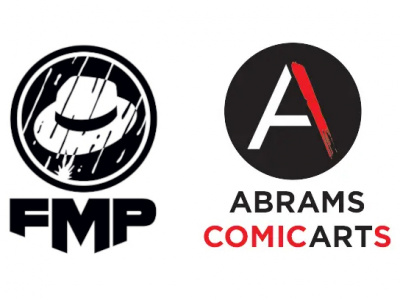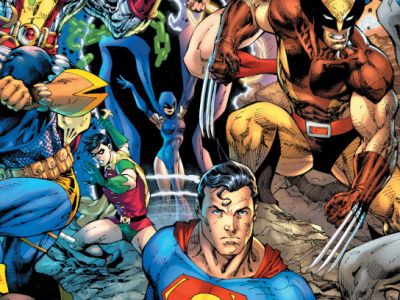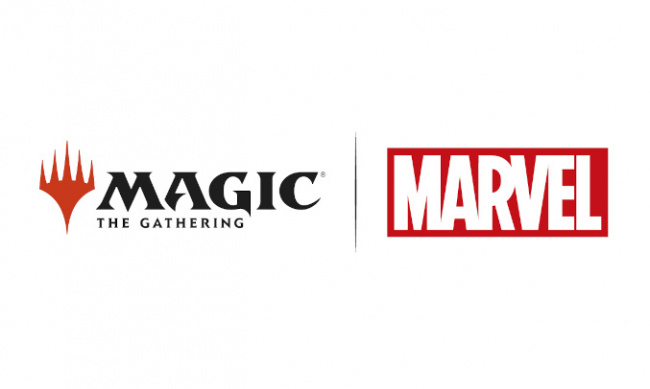 At least three major amicus briefs have been filed urging the Supreme Court to take the case filed by Jack Kirby’s heirs against Marvel over the copyrights to Kirby’s works. The Court debated taking the case in May (see "Supremes to Debate Taking Kirby Case"), then asked Marvel, which hadn’t filed any response to Kirby’s appeal, to respond. It had initially seemed unlikely that the Court would take the case, as there’s no dispute on the basic issues between different appeals courts. But now there seems to be some interest from the Court and it’s starting to look like the Kirby heirs may have a chance of getting their case heard.
At least three major amicus briefs have been filed urging the Supreme Court to take the case filed by Jack Kirby’s heirs against Marvel over the copyrights to Kirby’s works. The Court debated taking the case in May (see "Supremes to Debate Taking Kirby Case"), then asked Marvel, which hadn’t filed any response to Kirby’s appeal, to respond. It had initially seemed unlikely that the Court would take the case, as there’s no dispute on the basic issues between different appeals courts. But now there seems to be some interest from the Court and it’s starting to look like the Kirby heirs may have a chance of getting their case heard.Most recently, Hollywood guilds representing actors, directors, and writers have filed a brief requesting the Court to take the case, according to Hollywood Reporter. In a brief written by SAG-Aftra counsel Duncan Crabtree-Ireland, the actors guild plus the DGA and the WGA, argue that the case is "critically important." They argue that the core issue, whether Kirby’s heirs can terminate Marvel’s copyrights in the works he created (which depends on whether he did his work as work for hire), has far-reaching impacts.
The brief argues that the test the courts use (the "instance and expense" test) to determine whether Kirby’s creations were work for hire are unfair. "Where the scales of justice are tipped too heavily against the creator and the costs of litigation are so great, it all but eviscerates the authorial rights that Congress preserved to creators," the brief said.
Earlier, two other significant briefs were filed, according to THR. Comic and TV writer (and Kirby assistant and biographer) Mark Evanier joined with Kirby historian John Morrow and the PEN Center USA to argue that the Court should take the case. "Marvel is in many ways 'the house that Jack built,'" the brief said. "With little or no financial security, the prolific Kirby created a wealth of material featuring novel storylines and characters, while Marvel alone has reaped the benefits of Jack Kirby’s most valuable creations." They support their argument by noting that Kirby worked from his home as a freelancer, was not paid a salary, purchased his own supplies, and in other ways operated like an independent contractor rather than an employee.
And a powerhouse brief was filed by former U.S. Patent and Trademark Office director Bruce Lehman, former U.S. register of copyrights Ralph Oman, the Artists Rights Society, the International Intellectual Property Institute and others. Lehman tweaks the Court’s interest by arguing that the "interest and expense" rule violates Supreme Court precedent and thus creates an issue the Court should resolve.
The stakes, of course, could not be higher. The Second Circuit Court of Appeals ruled against the Kirby heirs (see "Appeals Court Rules Against Kirby Heirs"), so if the Supreme Court refuses to hear the case, it will be a huge blow to their hopes of regaining copyrights to Kirby’s works. But if the Supreme Court does agree to hear arguments, it will put Marvel’s most valuable comic and movie properties in play.







